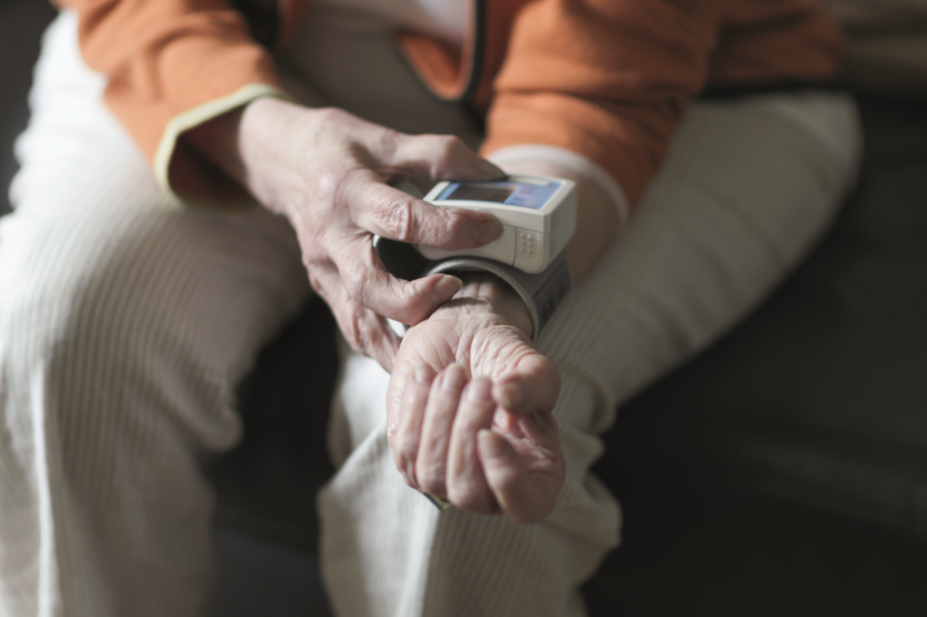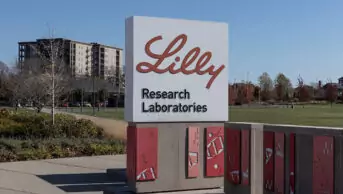
Shutterstock.com
Researchers have found that a systolic blood pressure (SBP) of 130mmHg or above at the age of 50 years is associated with an increased risk of dementia[1]
.
The team looked at data from a longitudinal study on 8,639 people in the UK followed up from 1985 to 2017.
After adjusting for confounding factors, they found that an SBP of 130mmHg or above at the age of 50 years was associated with a 38% increased risk of developing dementia. There was no relationship between SBP and dementia risk at the ages of 60 and 70 years.
Previous research has found that lowering blood pressure in old age does not impact dementia risk, but middle-age hypertension could increase it. Typically, 140mmHg is considered the threshold for diagnosis and treatment of hypertension.
“Our study highlights the detrimental effects of mid-life hypertension, here at age 50 years, and increase in risk at levels below that used to treat SBP,” the team concluded in the European Heart Journal (12 June 2018).
References
[1] Abel J, Kivimäki M, Dugravot A et al. Association between systolic blood pressure and dementia in the Whitehall II cohort study: role of age, duration, and threshold used to define hypertension. Eur Heart J 2018. doi:10.1093/eurheartj/ehy288


